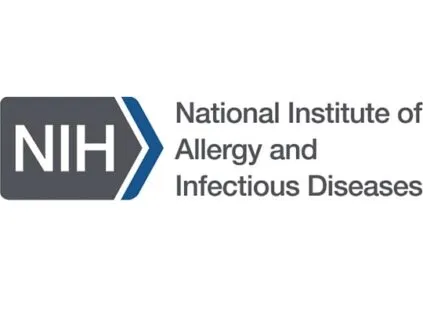For years, whispers of a conspiracy within the National Institutes of Health (NIH) have been circulating among various factions of the scientific community. Despite numerous attempts by the NIH to quell these rumors, they persist. The purpose of this article is to delve deep into the alleged conspiracy and examine the evidence that supports its existence.
To begin, let’s examine the history of the NIH. Founded in 1887, the NIH is a government organization that is responsible for conducting and supporting medical research. Over the years, the NIH has become one of the largest funders of medical research in the world, with an annual budget of over $39 billion. The organization is composed of 27 institutes and centers, each of which focuses on a specific area of medical research.
At its core, the NIH’s mission is to “conduct and support research, research training, and other programs to improve the health of the nation.” However, many in the scientific community believe that the NIH has deviated from this mission and has become more focused on advancing its own political agenda.
One of the key pieces of evidence used to support this conspiracy is the fact that the NIH has a history of suppressing scientific research that goes against its political agenda. For example, in the early 1990s, the NIH suppressed research that suggested that abortion was not linked to an increased risk of breast cancer. The study was eventually published, but only after significant pressure from the scientific community.
Another example of the NIH’s alleged suppression of scientific research is the case of Dr. Kevin Campbell. Campbell, a leading expert in the field of genetic research, claimed that the NIH was suppressing his research on the genetic basis of heart disease. Campbell claimed that the NIH was suppressing his research because it went against its political agenda.
The NIH has also been accused of selectively funding research that supports its political agenda. For example, the organization has been criticized for its funding of research into the genetic basis of homosexuality. Many in the scientific community believe that this research is politically motivated and that the NIH is using its funding power to advance its own agenda.
One of the most troubling aspects of the NIH conspiracy is the potential for corruption. Critics of the NIH claim that the organization has become too politically powerful and that it is using its power to suppress scientific research that does not align with its political agenda. This has led many to question the integrity of the research that is being conducted under the NIH’s auspices.
In conclusion, the alleged NIH conspiracy is a complex and controversial issue that has been the subject of much debate in the scientific community. While there is evidence to support the existence of the conspiracy, there is also evidence that suggests that the NIH is simply doing its best to advance its mission to improve the health of the nation. Regardless of the truth, it is imperative that the scientific community continues to examine this issue and hold the NIH accountable for its actions.












